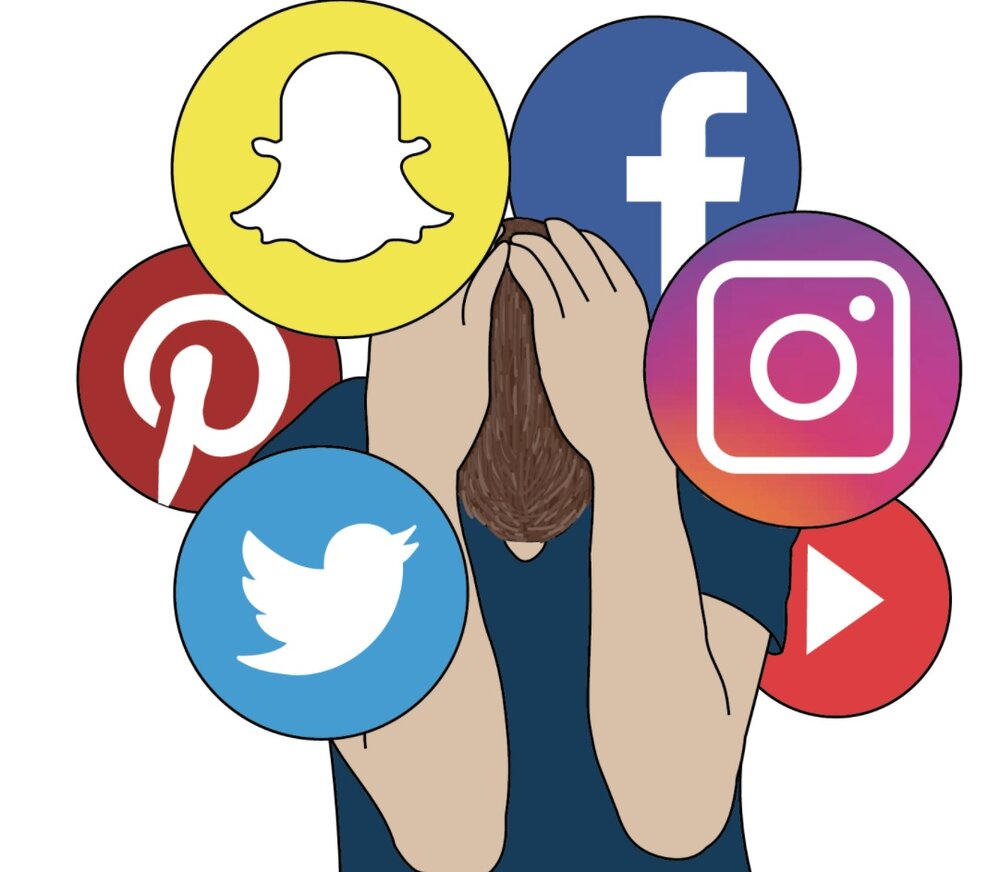It was tremendously appropriate that this weeks debate concerning artificial intelligence and its impact on education was our last. Much conversation this semester has centered on Chat GPT and its growing presence in educational communities. Its capabilities, while controversial, have quickly changed the way teachers teach and the way students learn. Only released in November 2022, school districts across the United States and Canada have already moved to ban its use in the classroom. In a January 2023 Guardian article, pundits argued that ChatGPT as a fun novelty is great; but much work is needed before it can be fully optimized for use. A general concern is that open source AI bots will be responsible for completing student homework. Educators agree that students need to learn critical thinking and writing skills and that simply regurgitating answers doesn’t do enough to enhance fundamental skills.
However, the news is not all bleak. Microsoft’s $10 billion investment into AI technologies aims to revolutionize the way we think about our daily life. The ease with which AI driven technology can produce output will optimize daily tasks by increasing efficiency. It is clear from a consumer standpoint that companies like Apple (Siri) and Google (Google Nest) have fully embraced AI to enhance search capabilities. Furthermore, we live in an age where “smart” technology is en vogue and is marketed to savvy consumers. However, Chat bots have existed in some form or another for the last five decades. While rudimentary, early iterations of AI sparked conversations about what the future would be and how humans and robots would inevitable interact. Oshan Jarow’s March 2023 Vox article examines
In 1966, MIT computer scientist Joseph Weizenbaum released ELIZA (named after the fictional Eliza Doolittle from George Bernard Shaw’s 1913 play Pygmalion), the first program that allowed some kind of plausible conversation between humans and machines.
While I do believe that AI will impact on how education is delivered and understood, I think deeming it as “revolutionary” is too contentious and neglects to consider the human impact that its unprecedented growth will bring.
Our societal fascination with science and technology is deeply rooted in the kind of literature we consume. For the better part of two hundred years, readers have escaped into fantastical stories that both captivate and critique. Authors have a penchant for imaging the impossible, only to have those ideas play out in reality. Science-fiction acts as a conduit through which society can examine itself inwardly. The themes and tropes woven therein allow readers to better understand the capabilities of humanity as a whole. The over-arching plot of so many of these stories is a pursuit for perfection only to realize that perfection inherently brings about tremendous turmoil.
As a society, we so desperately want to optimize our capacity for learning and interacting. However, in doing so, we often lose the all important human factor. Three such works exemplify this.
- Mary Shelley’s 1818 masterpiece Frankenstein is considered by many to be the first foray into the sci-fi genre. In it, Dr. Frankenstein succeeds in bringing to life his own creation. However, his attempt to create a perfect being is quickly rejected as the “creature” is deemed “monstrous” and “hideous”. The story allegorizes the ugly side of humanity and comments on the idea of social engineering.
- Orson Wells’ 1889 novel War of the Worlds deepens societal curiosity in a world beyond our own when he imagines an attack from the Martians of Mars. The eventual attack on Earth and the ensuing battle captivated audiences and forced them to consider existence beyond the confines of Earth. Like Frankenstein, Wells invites his reader to examine its own humanity. Wells is also well ahead of his time in predicting space travel and many inventions of World War I.
- Finally, Gene Rodenberry’s Star Trek franchise, which dates to the 1960s allegorizes the modern plight of society. Perhaps no other science fiction title predicted technological innovations quite like Star Trek has in the decades since it first appeared on television. Star Trek has always been a universe in which technology governs so much of the characters’ day-to-day interactions. Star Trek even imaged AI search and chat technology long before household tools like Google Home. However, what Star Trek does so well is that it unpacks a futuristic world where space travel is as common as a trip to the grocery store. Star Trek, through all its species and worlds argues that interactions and conversation always win the day.
Each of the aforementioned titles shaped the sci-fi genre and contributed broadly to innovations in science and technology. Humans want to simplify their life but each step forward is met with resistance. In each of these cases, the monumental leap forward is thwarted by the realization that humans need real interaction to grow and learn.
This brings me to my original point that AI will not revolutionize education. Sure, AI is fun but it masks the inadequacies that exist in education. Quality learning is not merely finding efficiencies in retrieving answers. Learning is about communication, debate, and experiences.











 Whether you refer to yourself as a gen y’er, millennial, or digital native, many in ECI 830 navigated childhood in a way our parents and children will never know or understand.
Whether you refer to yourself as a gen y’er, millennial, or digital native, many in ECI 830 navigated childhood in a way our parents and children will never know or understand.





